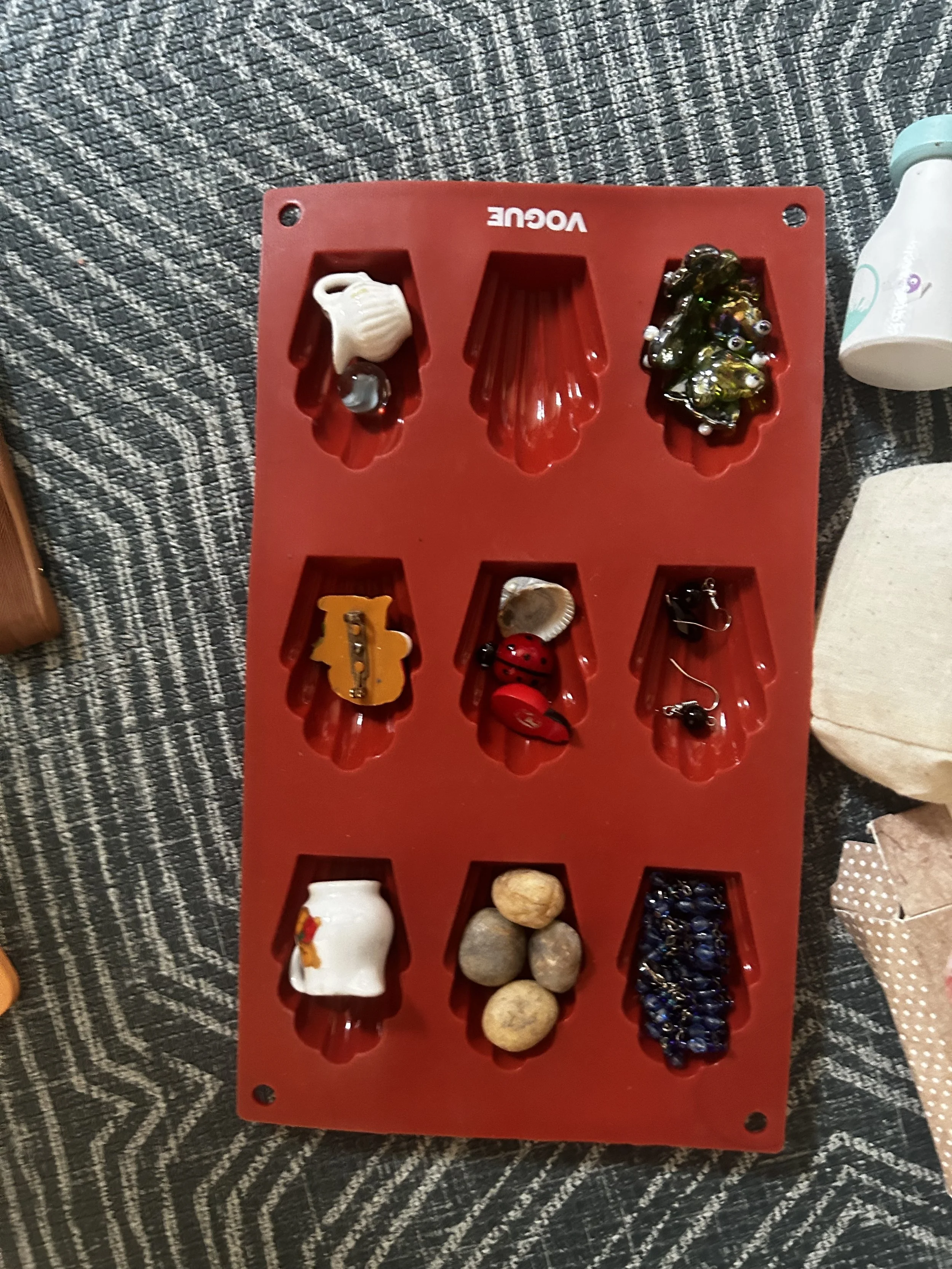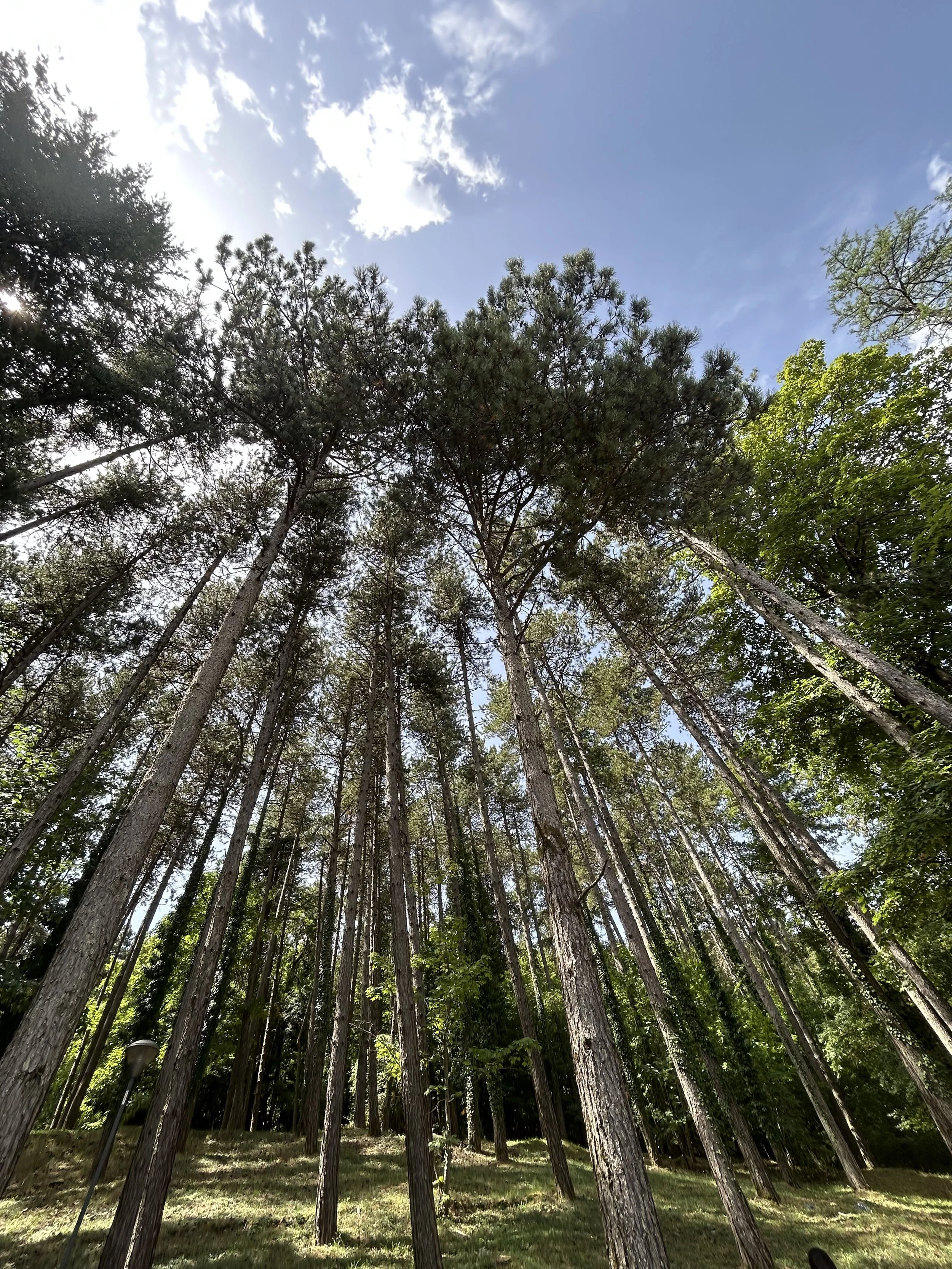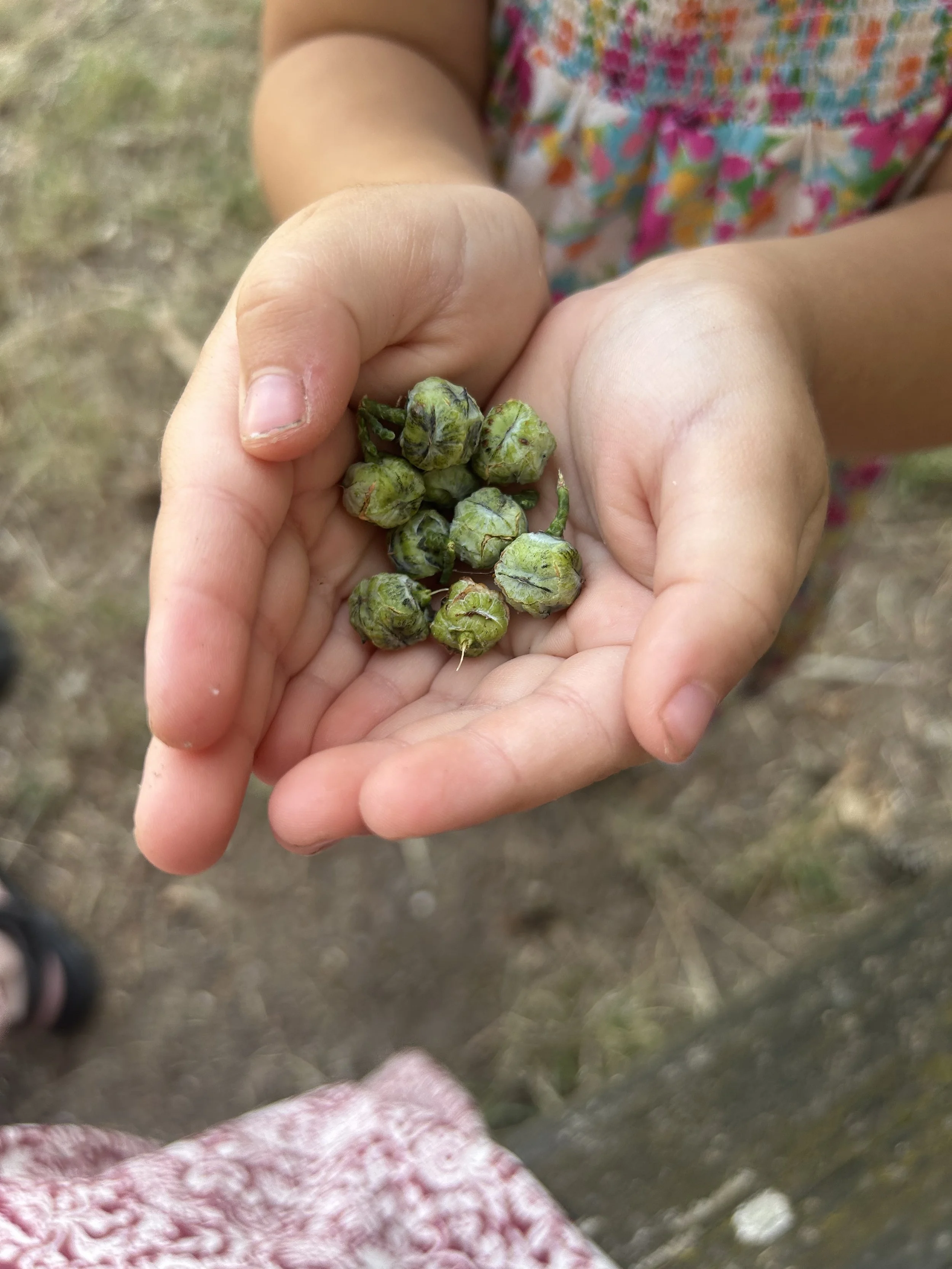



On Relating: Reflection of Photographer, Andersen’s “Somewhere Else Entirely”
I had the privilege of viewing my PhD supervisor Emily Andersen’s film portrait of poet Ruth Fainlight, which is a deeply poetic experience. It does not just present a life; it reflects a sensibility. Sharing its title with Fainlight’s 2018 poetry collection, the film acts less as a biography and more as an extended metaphor, an exploration of how presence is held in absence, how people live on in words, in memory, in landscape, and in light.






Why I Don’t Use the Word “Masking”
In autistic communities and research, the word masking comes up a lot. It usually means hiding autistic traits or suppressing parts of ourselves to fit into neurotypical expectations.
But I don’t use the word masking. Why? Because, for me, I’ve never been able to “mask” in the way people describe it. I’ve never been able to fully pass as neurotypical — I don’t fit neatly into those expectations, and I don’t think I ever will. What makes more sense to me, and to many of my clients, is the idea of multiplicity.

Dissociation, Journeying, and Finding Our Way Back Through Art
Many of the people I work with — and myself too — live with dissociation. Sometimes it’s described clinically as “checking out” or “disconnecting” from thoughts, feelings, or even the body. But in my experience, dissociation is more layered than that.

Why “Neurodiverse Individual” is problematic
You may have heard the term neurodiverse individual. It’s become increasingly common in conversation and even in some professional spaces. But technically, it’s not correct — and understanding why opens up a richer way to think about difference, variety, and identity.

Why “Rejection Sensitive Dysphoria” is Anti-Autistic and Needs to Be Retired
The term Rejection Sensitive Dysphoria (RSD) has become widely used in ADHD communities as a way to describe intense emotional reactions to perceived criticism or rejection. On the surface, it can feel validating—someone finally has a word for the flood of shame, hurt, and anger that can arise in social situations. But there’s a serious problem: RSD is fundamentally anti-autistic.